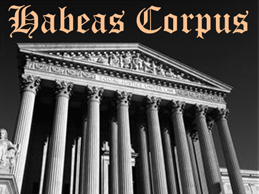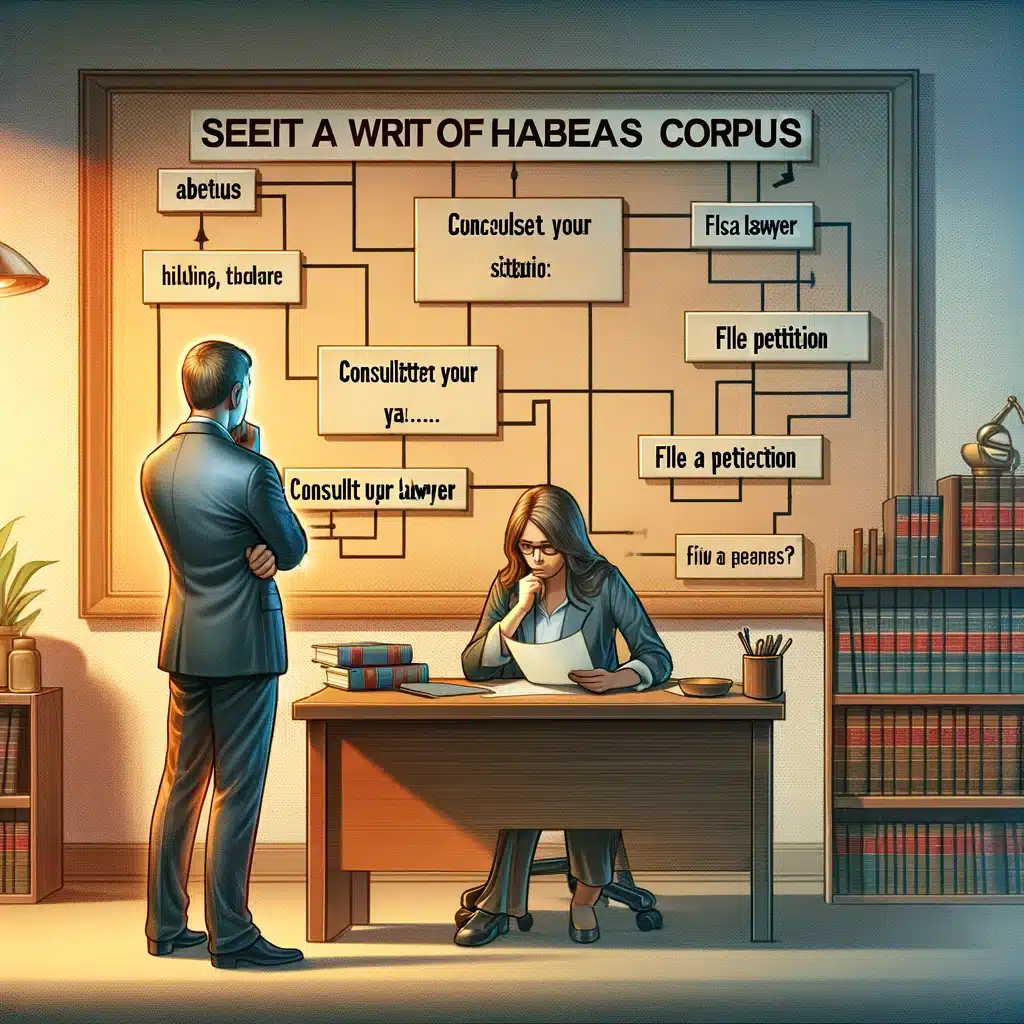Understanding the Function of a Post-Conviction Attorney in Seeking Justice After a Criminal Sentence
In the facility landscape of post-conviction legal process, the duty of a post-conviction attorney is essential in browsing the course to justice after a criminal conviction - arizona federal attorneys. As the search of justice expands beyond the boundaries of first process, the duty of a post-conviction attorney arises as a beacon of hope for those seeking to correct injustices and recover their rights within the legal system.
Post-Conviction Lawyer's Investigatory Job
Post-conviction legal representatives involve in thorough investigatory work to reveal brand-new evidence, step-by-step errors, or misconduct that could possibly cause overturning a sentence. This investigative stage is critical in the post-conviction process as it intends to determine any neglected details or lawful missteps that might have impacted the end result of the initial test. Post-conviction attorneys explore case files, witness testaments, and legal documents with a fine-tooth comb, searching for any kind of discrepancies or abnormalities that might be premises for charm.
Via thorough investigation, post-conviction attorneys intend to lose light on possible injustices that may have taken place during the original trial. By scrutinizing every element of the legal procedures, post-conviction lawyers function relentlessly to reveal any type of aspects that might have affected the judgment.
Crafting Appeals and Petitions
In the search of justice after a sentence, experienced attorneys thoroughly craft charms and requests to existing engaging debates for the reconsideration of lawful choices. Crafting allures and applications calls for a deep understanding of the lawful system, interest to detail, and calculated reasoning. Post-conviction lawyers examine trial records, determine possible mistakes or offenses of civil liberties, and create lawful disagreements to challenge the conviction or sentence.
When crafting an appeal, legal representatives concentrate on highlighting lawful mistakes that might have influenced the end result of the situation. They investigate case law, laws, and lawful precedents to support their debates. Requests, on the other hand, may entail offering new evidence that was not readily available throughout the trial or demonstrating adjustments in the legislation that call for an evaluation of the conviction.
Moreover, post-conviction legal representatives need to adhere to strict step-by-step guidelines and deadlines when submitting appeals and applications. They need to present their debates clearly and persuasively to convince the court to approve relief to their customers. Through careful crafting of appeals and requests, post-conviction legal representatives aim to secure justice for people who have actually been wrongfully convicted or unjustly punished.

Seeking Post-Conviction Relief
Post-conviction relief encompasses an array of legal mechanisms designed to test the credibility of a conviction or sentence. Post-conviction legal representatives play a vital role in browsing these complicated treatments, making sure that all legal choices are discovered to correct injustices that may have taken place throughout the trial or sentencing phase.
One common kind of post-conviction relief is submitting a petition for post-conviction alleviation, commonly based on cases of ineffective aid of guidance, prosecutorial transgression, newly uncovered evidence, or constitutional infractions. These petitions need a detailed evaluation of the test record, lawful research, and convincing campaigning for to convince the court to approve alleviation. Experienced post-conviction lawyers possess the skills and understanding essential to identify feasible lawful claims, carry out examinations, and existing compelling disagreements to safeguard relief for their clients. By diligently going after post-conviction alleviation, these lawyers make every effort to fix miscarriages of justice and maintain the principles of fairness and due process in the criminal justice system (Lawyer).
Using Forensic Evidence
When challenging a conviction or sentence, the strategic utilization of forensic proof can be an effective device in post-conviction lawful process. Forensic proof encompasses a vast array of scientific strategies made use of to check out criminal activities and develop facts in court. Post-conviction legal representatives can utilize forensic proof to challenge the validity of sentences by providing new scientific searchings for that were not offered during the initial test.

Engaging in Sentence Modifications
Post-conviction legal representatives might discover the opportunity of sentence alterations as a legal avenue to address disproportionate or unjust sentences handed down in criminal cases. Sentence alterations entail looking for modifications to the terms of a defendant's sentence after a sentence has actually happened. These adjustments can include decreasing the length of a sentence, modifying the kind of penalty imposed, or exploring alternative sentencing alternatives.
Post-conviction legal representatives can go after sentence modifications through numerous lawful mechanisms, such as submitting activities for sentence reduction, appealing for compassionate release, or working out plea bargains for minimized sentences. They should thoroughly review the conditions of the situation, assess the lawful grounds for looking for an adjustment, and present engaging disagreements to the court sustaining the need for a modified sentence.
Taking part in sentence alterations needs an extensive understanding of criminal law, punishing guidelines, and the certain procedures included in seeking post-conviction relief. Post-conviction lawyers play a critical role in promoting for fair and simply outcomes by challenging sentences that are unduly extreme or do not line up with the principles of justice.
Final Thought
Finally, the function of a post-conviction attorney is critical in seeking justice after a criminal sentence. Through investigatory work, crafting appeals and petitions, pursuing post-conviction relief, making use of forensic evidence, and involving in sentence modifications, these view it attorneys play an important function in promoting for their clients and ensuring that their legal rights are promoted within the criminal justice system. Their dedication and proficiency are necessary in browsing the complexities of post-conviction proceedings and accomplishing a reasonable result for people dealing with criminal sentences.